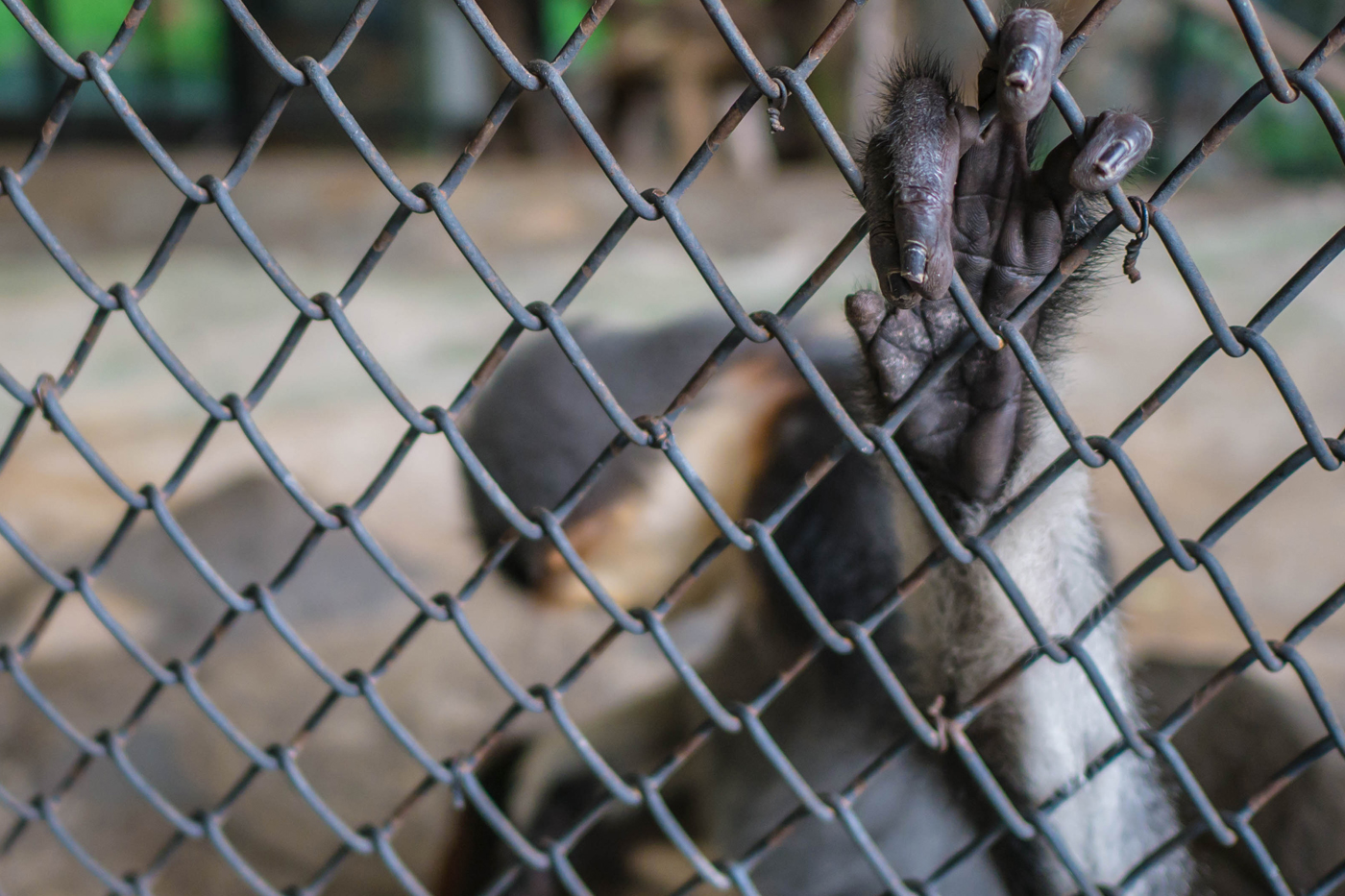Following the Money in Southeast Asia
Banks must work with other actors to combat transnational criminal groups.

By Amanda Gore
The 2023 AICB conference was more spectacular than ever this year with the launch of the national scam awareness campaign set to educate local citizens in order to help combat the growing problem of scam centres in the region. With advancements in artificial intelligence (AI) and generative AI, scam centres are becoming more sophisticated and proficient in targeting and scamming their victims. Leveraging technology to alter their voice/face on video calls makes it increasingly difficult to recognise the potential scammer. In the Malaysian context, Tom Clifford from Feedzai suggests that: “Whilst many measures have been put in place with the Royal Malaysia Police force, these actions are failing to deter the growth in scams in Malaysia recording over 72,000 scams cases resulting in over RM5 billion in losses between 2020 to 2022.”
Scam centres are a growing regional issue which was also highlighted in the release of a United Nations Office on Drugs and Crime 2023 report Casinos, Cyber Fraud and Trafficking in Persons for Forced Criminality in Southeast Asia. The report highlighted the issue of forced criminality where trafficked victims from up to 40 different countries were trafficked into scam centres that promoted bogus crypto investment scams and/or linked into illegal gambling operations. The report highlights two types of victim:
Other items of note from the report include:
Profits were estimated to be between USD7.5 billion and USD12.5 billion for one unspecified country in the Mekong region.
Clifford suggests that real-time detection is the key to better identification of scams and stopping the funds before they leave the bank. Key indicators such as hesitation in clicks, ongoing calls whilst transactions are being made and unusual transactions to new beneficiaries for unusual amounts can all be risk elements to be considered. Outside of this, investment into inter-bank consortium models can also help share identified fraudsters and stop the flow of funds before they become too large.

The BBC released a documentary earlier this year, The Pig Butchering Romance Scam, on scams conducted in the region focusing on pig butchering schemes. Pig butchering refers to how the cryptocurrency scammers gain the trust of the victim (regarded by the fraudsters as a pig) and ‘fatten them up’ before the butchering — being taken for everything they have. After gaining their trust the scammer then often encourages the victim to invest in cryptocurrency trading, creating some initial ‘false wins’ on bogus investment platforms with each trade increasing in its amount. The documentary sets out the three key steps to pig butchering:
The documentary also showcases different real-life cases of scam victims and their stories along with the story of a trafficked victim which provides valuable insight into the regional scam operations and associated pig butchering schemes.
Illegal gambling cases in the region are also on the rise post-Covid-19, including the recent Singapore arrests of 25 people in July 2023 highlighting the growing prominence of illegal gambling operations. Whilst the Singapore case is ongoing, it’s clear the case has touch points with Malaysian banks and also links to unlicenced money lending (underground banking systems) in China. This is just the tip of the iceberg of illegal gambling in the region. A 2021 report by Violeta Prockyte, Thailand Police to Stop Illegal Gambling Connected to Royal Slot 777 Casino App, indicated that the police there had uncovered 133 bank accounts linked to Chinese nationals and 10 linked companies. Vietnam has also not been immune with multiple cases and arrests. One of the most recent cases cites officers from the Ministry of Public Security disrupting an online gambling ring that collected USD1.2 billion over three years and was run by Vietnamese in Cambodia.
Action against wildlife trafficking networks has also gained traction in the region with the arrest of Malaysian national Teo Boon Ching, who was sentenced in September 2023 to 18 months in the US for conspiring to transport, distribute, sell and smuggle at least approximately 219 kilograms of rhinoceros horns worth approximately USD2.1 million. The case suggests cash and bank transactions were involved with Ching cited as saying “as long as you have cash, I can give you the goods in 1–2 days”. Undercover operatives were to provide funds to Ching from New York bank accounts.
Other recent wildlife cases include the extradition of Chinese national Kung Juntao in 2020 from Malaysia on a standalone money laundering charge linked to the trafficking of turtles from the US to Hong Kong and the arrest of the CITES (Convention on International Trade in Endangered Species of Wild Fauna and Flora) Management official in Cambodia in November 2022.

The 2022 US Indictment alleges eight individuals/corporations in Cambodia conspired to supply macaques, falsely labelling them as captive-bred to avoid restrictions under the CITES permit system. Macaques have historically been exported from Southeast Asian countries to the US for medical testing purposes (i.e. Covid-19 vaccines) but this is only allowed with the appropriate CITES documentation and conditions. Vanny Bio Research (Cambodia) Corporation Ltd was provided with payments as part of an undercover operation to facilitate the illegal trade of the macaques to the US. Further details of the case show that the wild caught macaques were taken to breeding facilities and provided with false CITES permits where Ministry of Agriculture, Forestry and Fisheries staff would receive cash in exchange.
Finally, Thai authorities have led with asset forfeiture laws to take away by the proceeds of crime linked to wildlife trafficking networks with the most recent cases linked to Boonchai Bach and previously the Chaimat family network.
Some bank transaction examples for international wildlife trading include:
+ A pet store in Southeast Asia remitting funds to CITES Management Official in West Africa for the amount of USD5,000 to falsify permits to allow endangered wildlife to be traded;
+ An import-export company in Laos sending multiple wire transfers to South African game farms for the purchase of ‘wildlife trophies’ that were obtained on false pretences;
+ An art supplies company in Vietnam linked to known wildlife trafficker Nguyen Mau Chien sending funds to local individuals across Africa; and
+ Vannaseng Trading company in Laos sending USD190,000 to individuals in Uganda known to be involved in wildlife trafficking.
The Asia/Pacific Group on Money Laundering (APG) has recently published typology reports jointly with partners on non-profit organisations, terrorism financing and tax and money laundering. Upcoming priorities for APG beyond 2023 include a focus on proliferation financing along with a further examination of beneficial ownership of legal persons and arrangements.
Good progress is being made against wildlife trafficking networks and illegal gambling operations in the Southeast Asia region, but more can be done. This includes updating laws linked to gambling operators where grey areas still exist, policing anti-money laundering/counter terrorism financing obligations for gambling operations where they are legal, along with additional scrutiny and follow up on known wildlife trafficking individuals and/or corporations. The profits accumulated in Southeast Asia are significant so efforts to combat wildlife crime across Asia are crucial in combatting the wider global issue of wildlife trafficking. Banks can also play a key role in combatting these crimes by learning more about these crime types, engaging with experts and non-governmental organisations and following up on those named to be involved in wildlife trafficking in the media. The more information we have about these crime types, the better we can come together to combat these transnational criminal groups.
Amanda Gore leads the Centre for Global Advancement (C4GA) and specialises in the intersection between environmental and financial crime, money laundering through casinos, and underground money movements. She focuses on training, education, and research within these areas and emerging topics of interest, including cryptocurrency regulation and enforcement. Her work spans multiple continents with a deep focus on Asia and African markets.